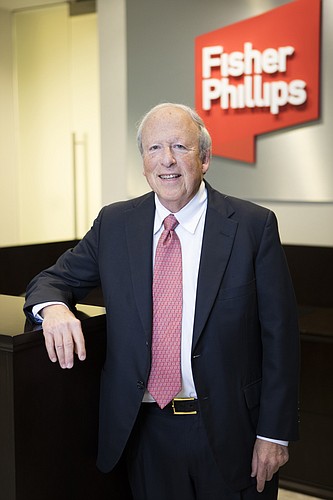- April 8, 2025
-
-
Loading

Loading

With more than 100 professional employer organizations, Florida is an epicenter for what, in Mike Miller’s heyday, was known as the employee leasing industry.
PEOs — often referred to as outsourcing or staffing firms — essentially wouldn’t exist without Miller. In 1986, he became general counsel of the nascent Florida Association of Employee Leasing, which in 1995 changed its name to the Florida Association of Professional Employer Organizations.